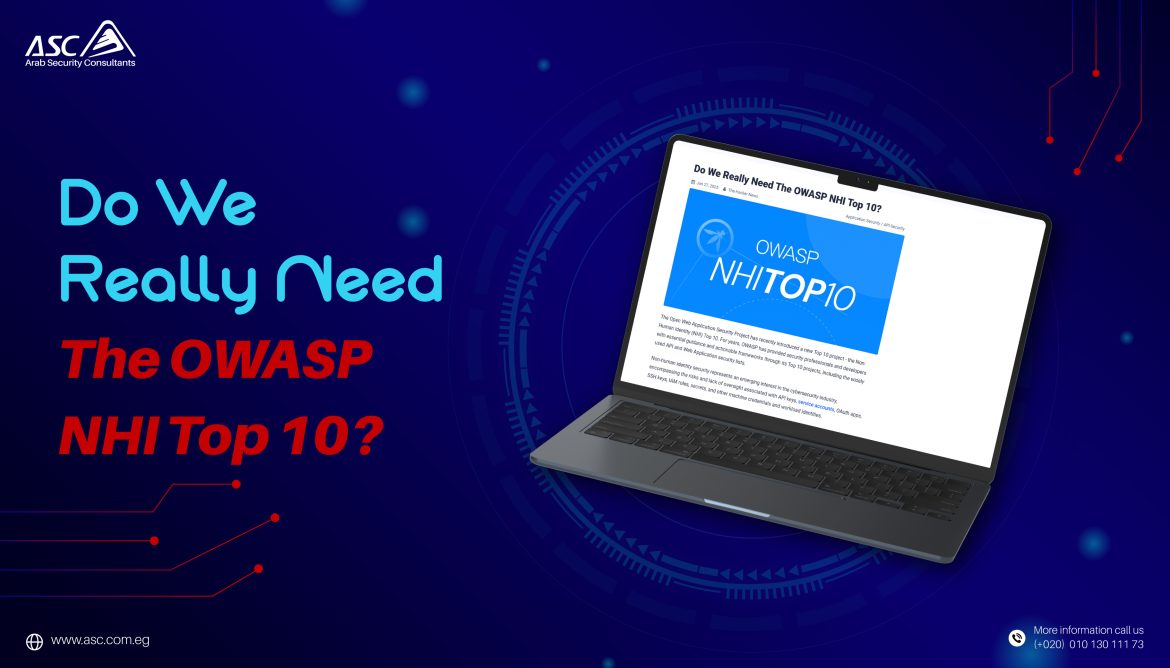Researchers Uncover Batavia Windows Spyware Stealing Documents from Russian Firms
Russian organizations have been targeted as part of an ongoing campaign that delivers a previously undocumented Windows spyware called Batavia. The activity, per cybersecurity vendor Kaspersky, has been active since July 2024. “The targeted attack begins with bait emails containing malicious links, sent under the pretext of signing a contract,” the Russian company said. “The main
- Published in News
CISA Adds Erlang SSH and Roundcube Flaws to Known Exploited Vulnerabilities Catalog
The U.S. Cybersecurity and Infrastructure Security Agency (CISA) on Monday added two critical security flaws impacting Erlang/Open Telecom Platform (OTP) SSH and Roundcube to its Known Exploited Vulnerabilities (KEV) catalog, based on evidence of active exploitation. The vulnerabilities in question are listed below – CVE-2025-32433 (CVSS score: 10.0) – A missing authentication for a critical function vulnerability in
- Published in News
Update ASAP: Google Fixes Android Flaw (CVE-2025-27363) Exploited by Attackers
Google has released its monthly security updates for Android with fixes for 46 security flaws, including one vulnerability that it said has been exploited in the wild. The vulnerability in question is CVE-2025-27363 (CVSS score: 8.1), a high-severity flaw in the System component that could lead to local code execution without requiring any additional execution privileges. “The
- Published in News
Malware Attack Targets World Uyghur Congress Leaders via Trojanized UyghurEdit++ Tool
In a new campaign detected in March 2025, senior members of the World Uyghur Congress (WUC) living in exile have been targeted by a Windows-based malware that’s capable of conducting surveillance. The spear-phishing campaign involved the use of a trojanized version of a legitimate open-source word processing and spell check tool called UyghurEdit++ developed to support the
- Published in News
Crypto Developers Targeted by Python Malware Disguised as Coding Challenges
The North Korea-linked threat actor assessed to be behind the massive Bybit hack in February 2025 has been linked to a malicious campaign that targets developers to deliver new stealer malware under the guise of a coding assignment. The activity has been attributed by Palo Alto Networks Unit 42 to a hacking group it tracks as Slow Pisces,
- Published in News
Microsoft Credits EncryptHub, Hacker Behind 618+ Breaches, for Disclosing Windows Flaws
A likely lone wolf actor behind the EncryptHub persona was acknowledged by Microsoft for discovering and reporting two security flaws in Windows last month, painting a picture of a “conflicted” individual straddling a legitimate career in cybersecurity and pursuing cybercrime. In a new extensive analysis published by Outpost24 KrakenLabs, the Swedish security company unmasked the up-and-coming cybercriminal, who, about
- Published in News
FIN7, FIN8, and Others Use Ragnar Loader for Persistent Access and Ransomware Operations
Threat hunters have shed light on a “sophisticated and evolving malware toolkit” called Ragnar Loader that’s used by various cybercrime and ransomware groups like Ragnar Locker (aka Monstrous Mantis), FIN7, FIN8, and Ruthless Mantis (ex-REvil). “Ragnar Loader plays a key role in keeping access to compromised systems, helping attackers stay in networks for long-term operations,” Swiss cybersecurity company PRODAFT
- Published in News
Android’s New Feature Blocks Fraudsters from Sideloading Apps During Calls
Google is working on a new security feature for Android that blocks device owners from changing sensitive settings when a phone call is in progress. Specifically, the in-call anti-scammer protections include preventing users from turning on settings to install apps from unknown sources and granting accessibility access. The development was first reported by Android Authority. Users who
- Published in News
U.S. and Dutch Authorities Dismantle 39 Domains Linked to BEC Fraud Network
U.S. and Dutch law enforcement agencies have announced that they have dismantled 39 domains and their associated servers as part of efforts to disrupt a network of online marketplaces originating from Pakistan. The action, which took place on January 29, 2025, has been codenamed Operation Heart Blocker. The vast array of sites in question peddled
- Published in News
Do We Really Need The OWASP NHI Top 10?
The Open Web Application Security Project has recently introduced a new Top 10 project – the Non-Human Identity (NHI) Top 10. For years, OWASP has provided security professionals and developers with essential guidance and actionable frameworks through its Top 10 projects, including the widely used API and Web Application security lists. Non-human identity security represents
- Published in News










